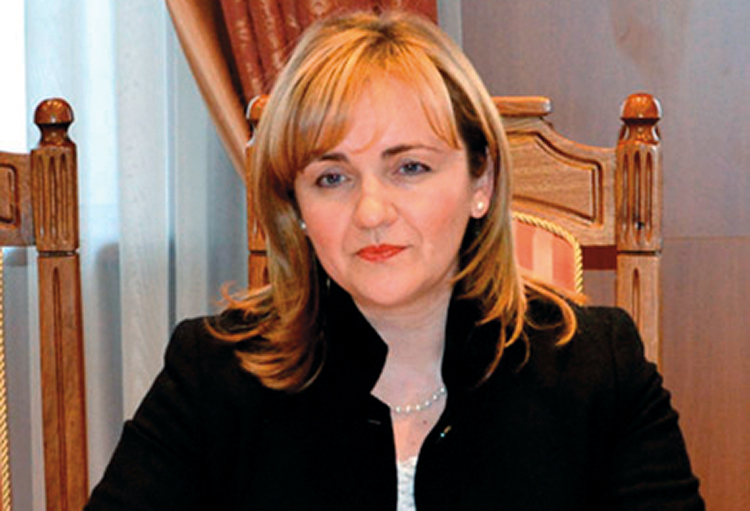
Moldova’s new association agreement with the EU is a crowning achievement for Natalia Gherman, Minister of Foreign Affairs, who has been leading preparations for the agreement since 2009. She discusses the impact of this historic agreement.
European Times: What are your priorities as Minister of Foreign Affairs?
Natalia Gherman: Our top priority since 2009 has been preparing for the association agreement with the EU. I am honoured to have been Moldova’s chief negotiator in this process. Another priority was to abolish visa regime for Moldovan citizens travelling to the EU and this has been a great success. The association agreement will forge new connections between Moldova and the EU and will result in bringing EU standards to Moldova’s political, social, and economic spheres.
European Times: What is the next step now that the association agreement has been signed?
Natalia Gherman: Obviously a lot will depend how well and how fast we implement the conditions of the association agreement and free-trade area. We want to modernise Moldova and make it a truly European democracy with a free market, competition and transparency. All three parties in Moldova’s coalition government agree on this. We still need to fight corruption but we have taken a great step forward.
European Times: What about security issues?
Natalia Gherman: We have decided to adopt EU security policies, which include preparing our security forces to maintain peace and stability. Concerning Transnistria, we are seeing huge demand among residents there for Moldovan passports instead of Transnistrian passports since as Moldovan citizens they can now travel freely to the EU. I believe the best way to reunify Moldova is through European integration.
European Times: How will the new association agreement affect the Moldovan economy?
Natalia Gherman: For Moldovan producers and farmers, it has opened up a market of 500 million consumers and will lead to further modernisation and improved quality of Moldovan products. In addition, the agreement makes Moldova much more attractive as an FDI target and this will result in significant job creation. The EU’s recent decision to double quotas of imports of Moldovan fruit and to import Moldovan wine demonstrates to the people of Moldova who their real friends are in these difficult times.
European Times: What is your personal message to potential investors?
Natalia Gherman: Moldova is moving forward in the European integration process and we welcome European trade partners and investors. Investing in Moldova can not only benefit Moldova but also make the EU stronger and help bring stability to the region.




